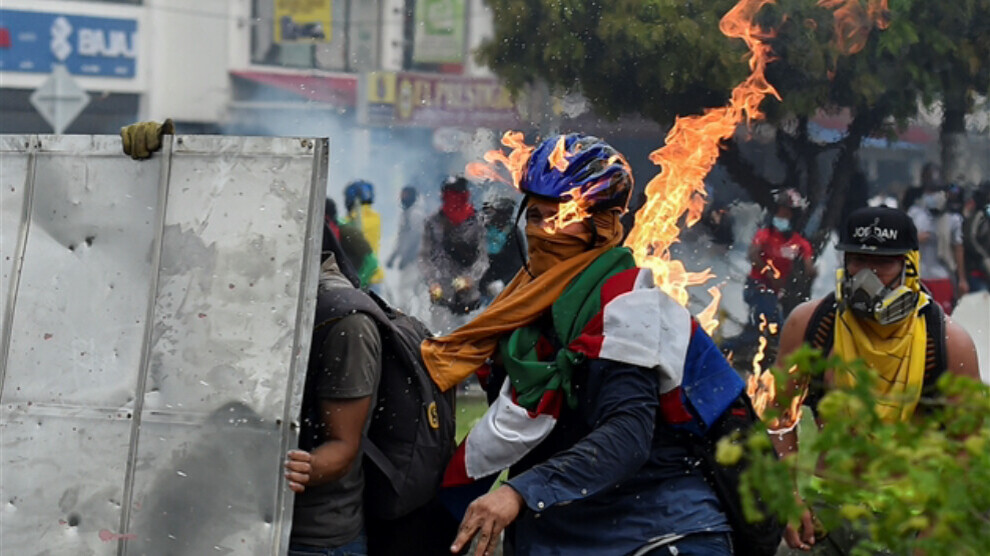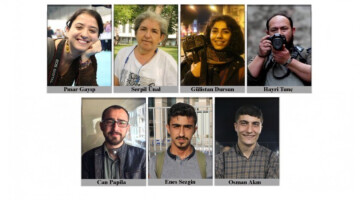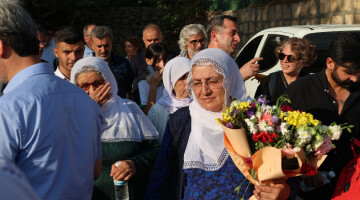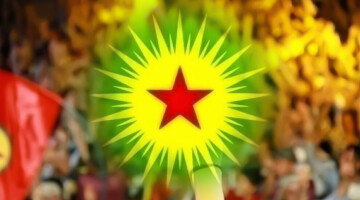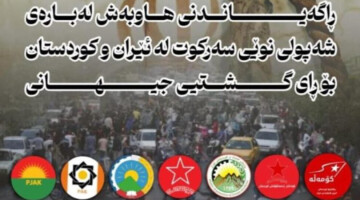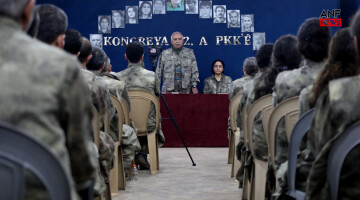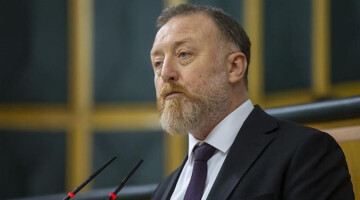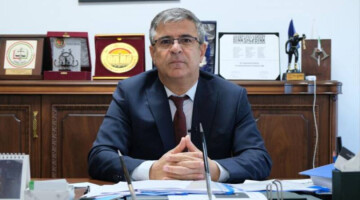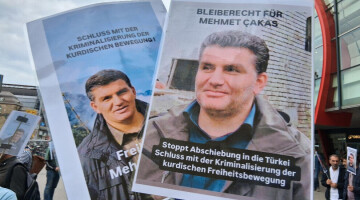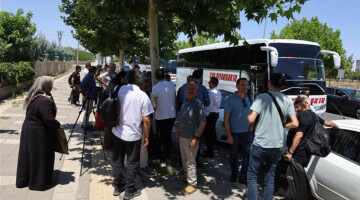The protest demonstrations launched against the tax reform proposed by the government have continued since April 28th in Colombia. The rightist prime minister Ivan Duque was forced to step back and withdrew the tax reform. On the other hand, the state contradictorily increased the violence in the streets, resulting in the protests gaining extensive dimensions. Students, trade unionists, transport workers, native movements, peasants and Afro-Americans filled all streets of the capital city, Bogota.
Young people make up the major population of the demonstrators on streets. The police carried out violent attacks against the protestors in Cali, the third biggest city of the country, which is reported to be the centre of the protests. In Cali, where 36,3 percent of the population experiences poverty, security forces are extensively committing murders.
The protest actions spread throughout the whole country. Protesters have built barricades on almost every street.
Videos and images shared on the internet demonstrate dreadful scenes; bodies lie still on streets, drenched in blood, police interventions with heavy weaponry, police spreading fire, buildings in flames and explosions.
In consequence of the state violence, at least 37 people died and nearly one thousand people were injured. Civil society organisation Temblores confirmed 1708 cases of violence committed by the security forces. Also, hundreds of people are reported missing.
The former president of the republic, extreme right-wing politician Alvaro Uribe who is facing a corruption investigation, is accused of adding fuel to the flame. His relationship with extreme right-wing paramilitary groups indicates the dark force behind the state.
On the other hand, current president Ivan Duque is viewed as a puppet of Uribe. The former president of the republic shared a message on Twitter and advocated the right of the police to use gun. Twitter deleted this entry.
The Mayor of Bogota, Claudia Lopez who is opponent to Ivan Duque, stated that the mentioned message escalated the tension.
Amnesty International denounced militarized response and police repression of demonstrations and called on the authorities to end the repression of demonstrations, cease the militarization of cities and ensure that respect for and guarantee of human rights are at the center of any public policy proposal, including tax reforms.
In Colombia, political, economic and social problems have escalated under extreme rightist governments. Every family now has a story with bitter experiences. The leaders of the society are targeted and slaughtered. At least 272 former guerrillas have been murdered since the peace agreement with FARC, the biggest guerrilla movement in the country. Violation of this agreement caused the society to feel that nothing is left to lose.
Recently in Colombia, over 75 thousand people died because of epidemic, while the gross national income decreased to 6.8 percent in 2020, unemployment rate increased to 16.8 percent and the poverty rate to 42.5 percent.
The banners displayed by the demonstrators, which say; “They seized everything we had, even our fears” indicate that the country is on the verge of disengagement.

